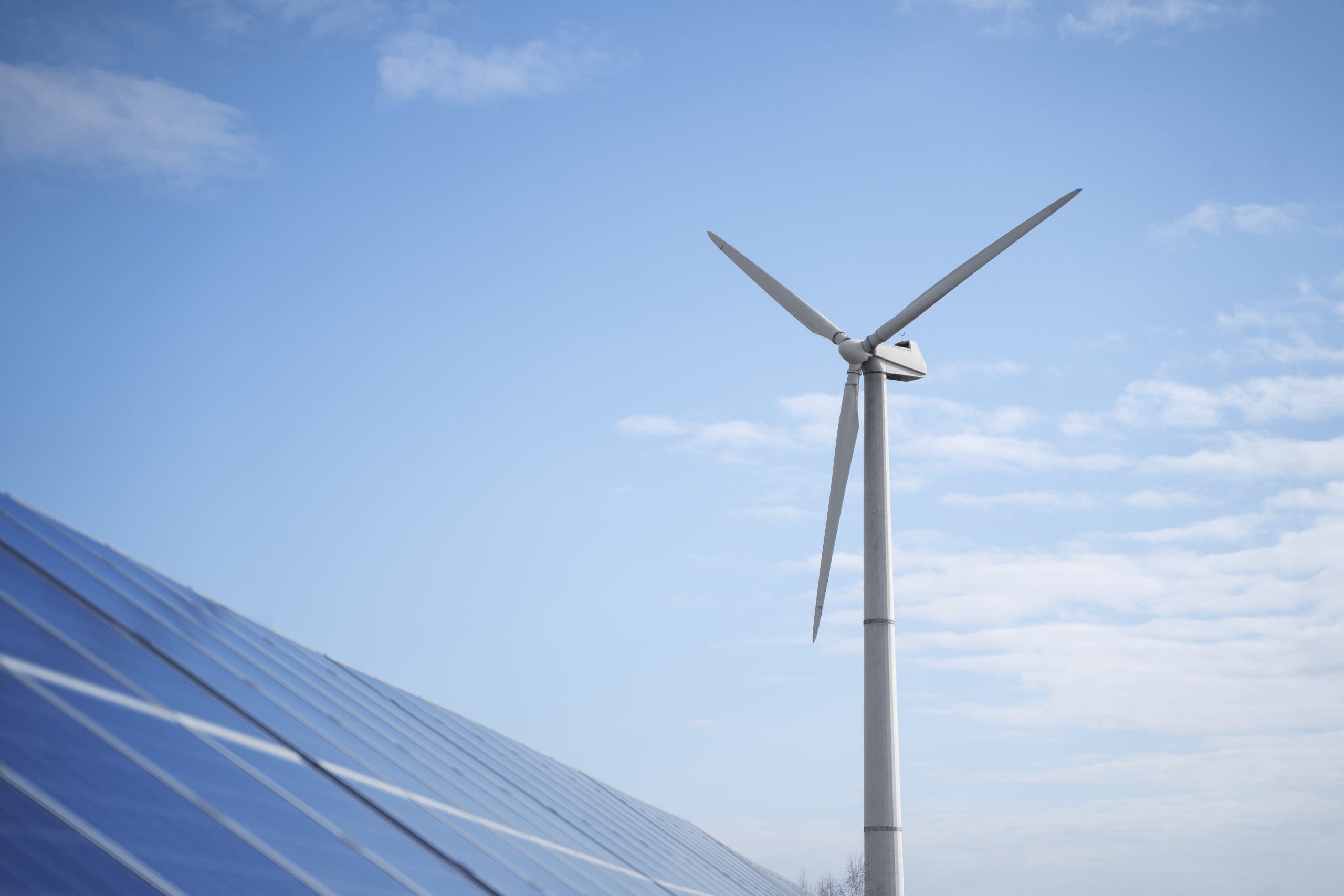In an era marked by environmental consciousness and sustainability, the adoption of renewable energy solutions for homes has gained significant momentum. From solar panels to wind turbines and beyond, homeowners are increasingly turning to renewable energy to power their residences while reducing their carbon footprint. In this comprehensive guide, we’ll explore various renewable energy options for homes.
Solar Energy: Harnessing the Power of the Sun
- Solar Panels:
- Solar panels, also known as photovoltaic (PV) panels, are devices that convert sunlight into electricity. They are typically installed on rooftops or in open spaces where they can capture sunlight and generate electricity to power homes.
- Solar Batteries:
- Solar batteries store excess energy generated by solar panels during the day for later use, such as during periods of low sunlight or at night. They provide homeowners with a reliable source of backup power and help maximise self-consumption of solar energy.

Wind Energy: Capturing the Power of the Wind
- Wind Turbines:
- Wind turbines convert the kinetic energy of the wind into electricity. They consist of blades that capture the wind’s energy and spin a rotor connected to a generator, producing electricity that can be used to power homes.
Hydroelectric Energy: Utilizing the Power of Water
- Micro-Hydro Systems:
- Micro-hydro systems harness the energy of flowing water to generate electricity. They utilise a small turbine connected to a generator to convert the kinetic energy of the water into electricity, providing a renewable energy source for homes located near streams or rivers.
Geothermal Energy: Tapping into the Earth’s Heat
- Geothermal Heat Pumps:
- Geothermal heat pumps use the natural heat stored beneath the Earth’s surface to provide heating, cooling, and hot water for homes. They utilise a series of pipes buried underground to transfer heat to and from the Earth, offering an efficient and renewable energy solution.
Biomass Energy: Utilising Organic Matter
- Biomass Boilers:
- Biomass boilers burn organic materials such as wood pellets, agricultural waste, or biogas to generate heat for homes. They offer a renewable alternative to traditional fossil fuel-based heating systems and can significantly reduce carbon emissions.
Conclusion
Renewable energy options for homes are abundant and offer homeowners a sustainable and eco-friendly way to power their residences. From solar panels and wind turbines to hydroelectric systems and geothermal heat pumps, there are numerous options available to suit different preferences and locations. By embracing renewable energy, homeowners can reduce their environmental impact, lower their energy costs, and contribute to a cleaner, greener future for generations to come.
Our team of MCS approved solar panel installers cover the following areas and more across Lincolnshire and East Yorkshire:
- Boston
- Caistor
- Cleethorpes
- Gainsborough
- Grantham
- Grimsby
- Horncastle
- Hull
- Lincoln
- Louth
- Market Rasen
- Newark


